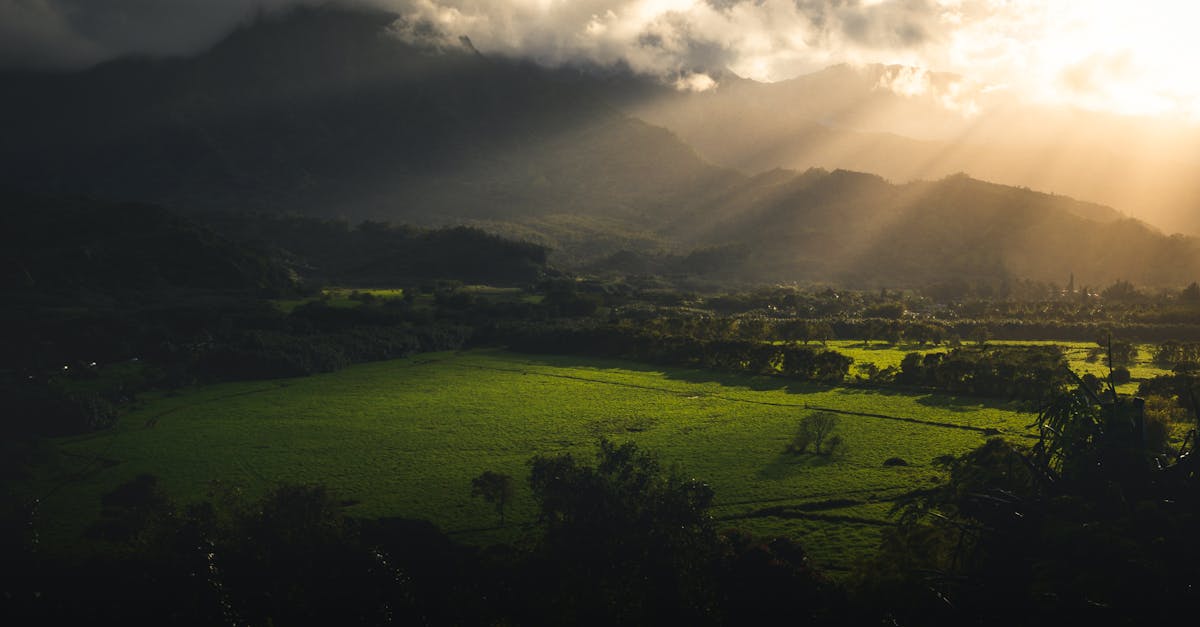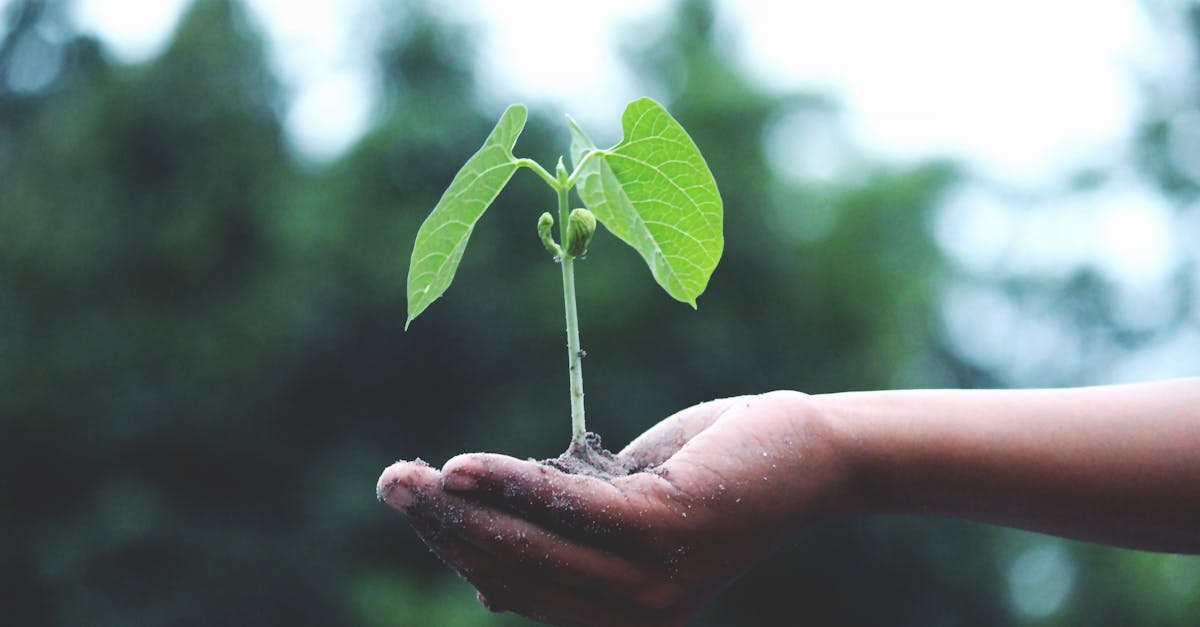A recent letter published in the Honolulu Star-Advertiser raises concerns about the future water security of MA‘O Organic Farms in Makaha. The farm, which recently received a significant land donation from the Harry and Jeanette Weinberg Foundation, could face challenges due to the designation of the Waianae Aquifer Sector as a groundwater management area. This development highlights the complex interplay between agricultural initiatives, land use, and water resource management in Hawaii.
The letter references a meeting of the Commission on Water Resource Management where the Waianae Watershed Management Plan was approved, along with the Honolulu Board of Water Supply’s petition. This designation signifies the importance of managing groundwater resources, especially in areas like Waianae, where agricultural activities are prominent. The recent land donation provides MA‘O Organic Farms with the space to expand its organic produce cultivation and build housing, which aligns with the community's efforts. However, the farm's ability to thrive depends critically on sustainable water access.
MA‘O Organic Farms is not just an agricultural enterprise; it also emphasizes youth empowerment through training and mentorship, as highlighted on their MA‘O Organic farms website. They are actively involved in fostering community leadership, using the farm enterprise to feed the community and educate and empower youth. This aligns the business with local values and needs.
The expansion of MA'O's operations, combined with the new water management designation, sets the stage for potential business implications for Hawaiian entrepreneurs and investors. Decisions by entities like MA'O, with its focus on organic production, will be impacted by the availability and cost of water resources. Businesses and farms who rely on those resources may consider the need for adopting water conservation measures, exploring alternative irrigation technologies, and possibly even adjusting crop selections to manage water usage efficiently. Failure to do so can lead to higher operational costs and decreased productivity. This is demonstrated by other farms like the nonprofit farm which received land in Makaha Valley.
Understanding these challenges is crucial for entrepreneurs and investors who want to succeed in Hawaii's evolving business landscape. The ecotippingpoints.org website discusses MA‘O Organic Farms and its work to empower youth and bring change to the community, and the importance of sustainable practices and resource management.
As stricter water management is implemented, businesses may need to reassess their operational strategies and consider the long-term impact of water availability on their financial planning and investment decisions, ultimately affecting Hawaii's sustainable business growth.



